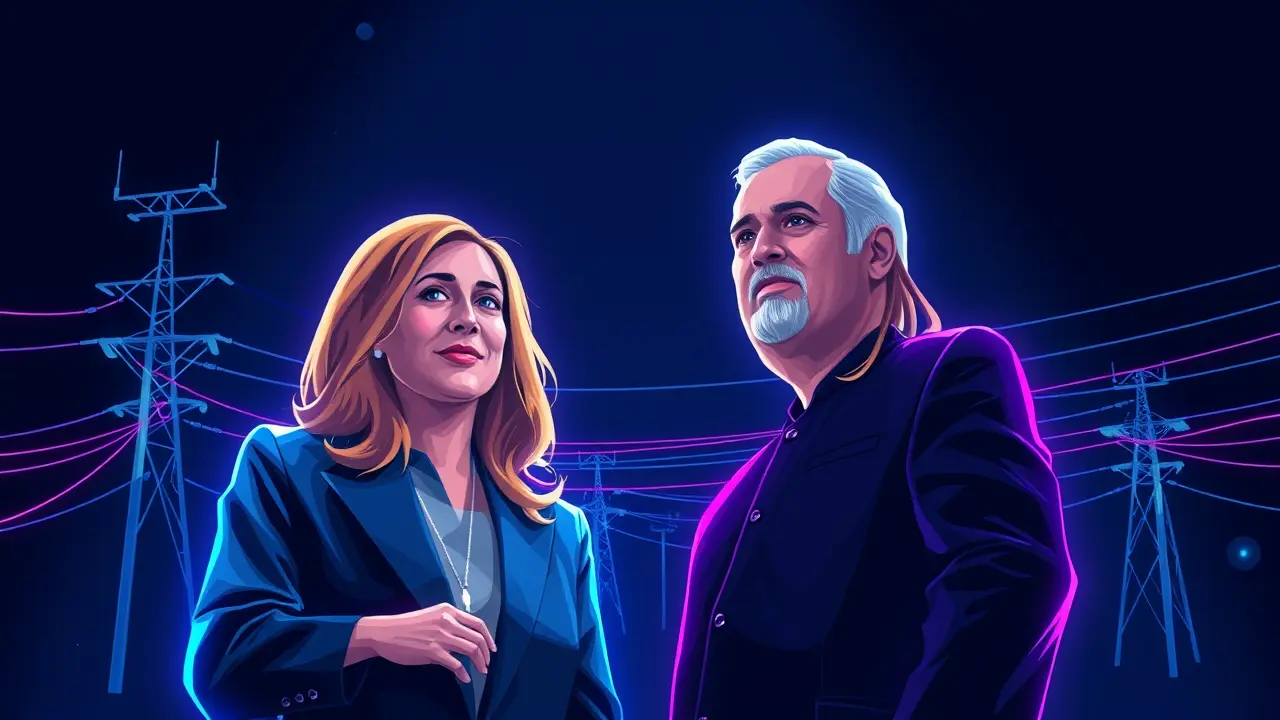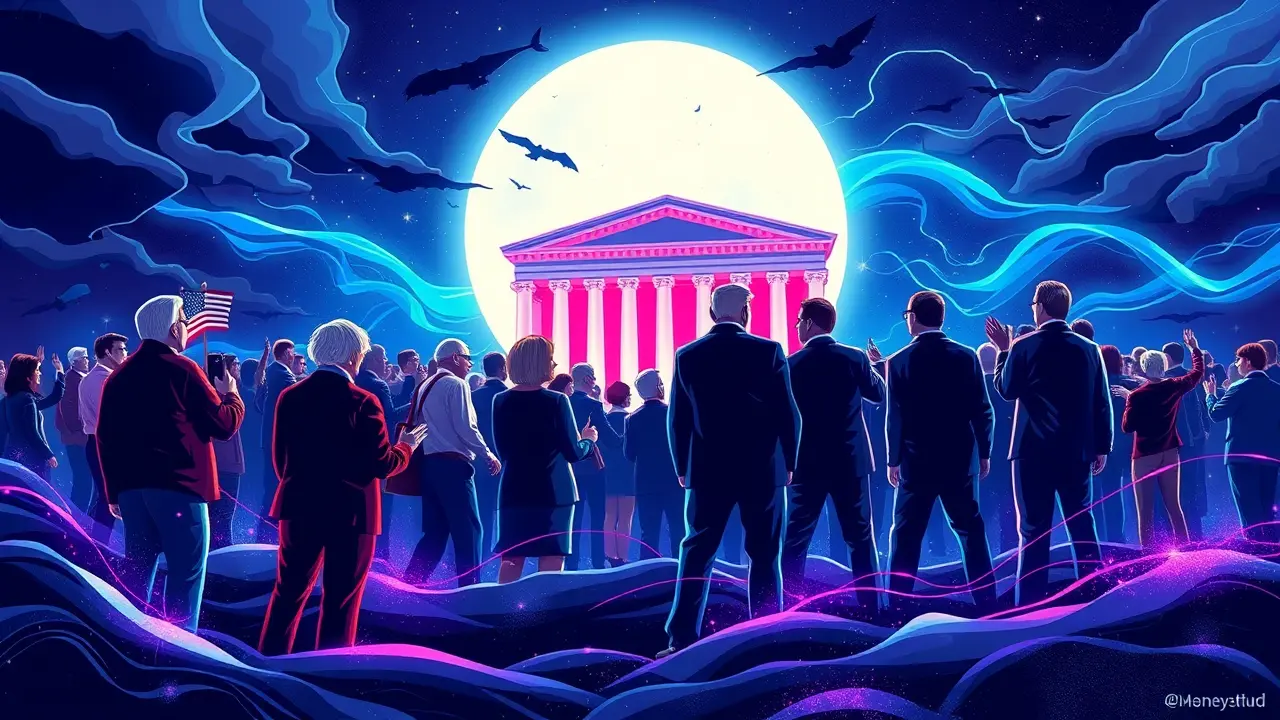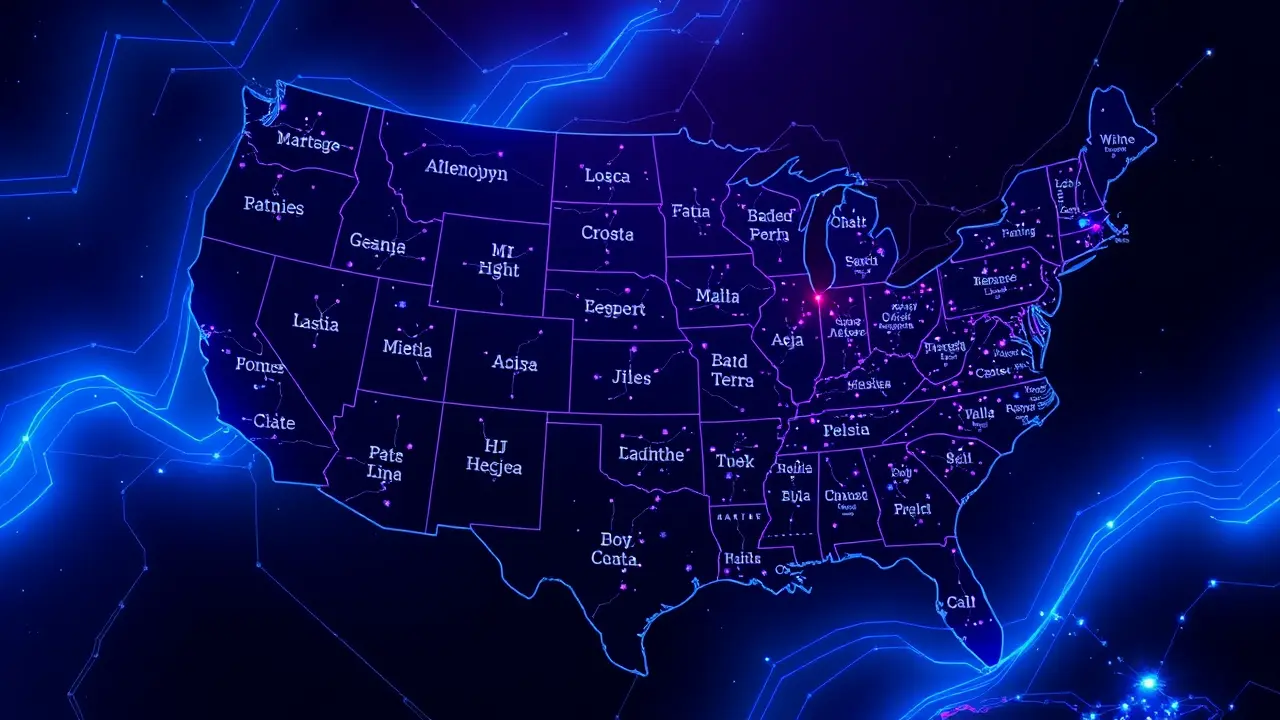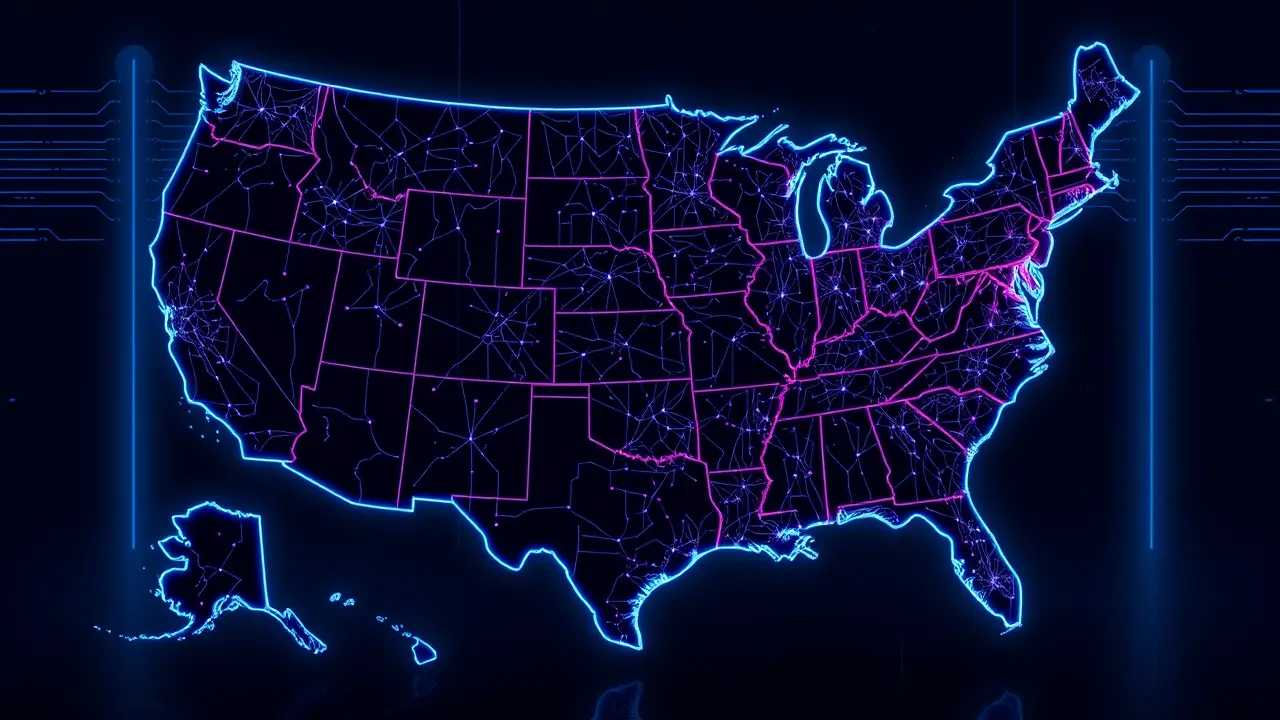
Politicselections
Democrats Spanberger and Sherrill to tackle high electricity bills.
MA
Mark Johnson
10 hours ago7 min read3 comments
Fresh off their gubernatorial victories in Virginia and New Jersey, Democrats Abigail Spanberger and Mikie Sherrill are immediately deploying their political capital to confront one of the most potent kitchen-table issues that propelled their campaigns: soaring electricity bills. This isn't merely a regional utility squabble; it's a high-stakes political maneuver with national implications, a live-fire test of Democratic economic messaging heading into the 2026 midterms.The strategic playbook is clear. Spanberger, having navigated a tough race against GOP Lt.Gov. Winsome Earle-Sears, is wielding her 'Affordable Virginia' plan like a legislative scalpel, targeting two primary pressure points.First, she’s declared war on the construction red tape that stifles energy infrastructure development, a classic pro-growth stance. Second, and more critically, she’s taking direct aim at the data center industry, the voracious energy consumer that has made the Old Dominion the undisputed data center capital of the world.Her pledge to force these digital behemoths—clustered outside D. C.and increasingly around Richmond—to fully cover their massive power consumption costs is a populist masterstroke, framing the issue not as environmental austerity but as corporate accountability. To bolster grid reliability without sacrificing green goals, she’s championing a decentralized power revolution, calling for the rapid integration of rooftop solar and small-scale solar projects paired with battery storage systems, a move that could reshape Virginia's energy landscape from the ground up.Meanwhile, in New Jersey, Sherrill is opting for a more dramatic, shock-and-awe opening gambit. She has vowed that on her very first day in office, she will declare an 'electricity state of emergency,' a powerful piece of political theater designed to signal immediate, forceful action.This emergency declaration would freeze utility rates—a direct financial relief measure for strained households—while simultaneously launching a massive build-out of cheaper, cleaner power generation, again emphasizing solar and battery storage. But Sherrill’s vision extends beyond renewables; in a bold nod to energy pragmatism, she has promised to 'immediately develop plans for new nuclear capacity' in Salem County, a move that could redefine the Democratic energy platform.Her plan to 'sit down with neighboring states to harness economies of scale to build new reactors in our region at a low cost' demonstrates a sophisticated, regionalist approach to a problem often mired in parochial politics. Both governors are also converging on a common adversary: PJM Interconnection, the nation's largest electricity grid operator.Sherrill has joined a chorus of bipartisan officials in lambasting PJM, accusing it of 'mismanagement' and showing preferential treatment to coal and oil interests, a charge that places the grid operator squarely in the crosshairs of a burgeoning political battle over the future of American energy. The urgency of their mission is underscored by the cold, hard data from an Associated Press-NORC Center for Public Affairs Research poll, which found electricity bills were a 'major' source of stress for 36% of Americans, a statistic that translates into millions of votes.This electoral reality was further validated in Georgia, where Democrats Alicia Johnson and Peter Hubbard successfully ousted Republican incumbents on the state's Public Service Commission by running on platforms championing fair rates and renewables. On the other side of the political trench, Republicans, led by former President Trump, are mounting a fierce counter-offensive, arguing that the Democratic pivot toward renewables is a recipe for even higher prices.Trump’s Truth Social posts, warning of energy costs that will 'SOAR' and promising lower costs for Republican voters, frame the 2026 elections as a stark choice between two fundamentally different energy philosophies. While New York City's new mayor, Zohran Mamdani, focused less directly on energy, his opposition to a contentious natural gas pipeline and advocacy for public transit as a climate solution show the issue's pervasive reach.The political theater in Virginia and New Jersey is now the main stage. The performances of Spanberger and Sherrill—whether they can successfully translate campaign rhetoric into tangible relief for voters—will be dissected by strategists in both parties, serving as a critical bellwether for the economic messages that will dominate the next national election cycle.
#featured
#electricity costs
#elections
#energy policy
#Democrats
#Virginia
#New Jersey
#data centers
#renewables
Stay Informed. Act Smarter.
Get weekly highlights, major headlines, and expert insights — then put your knowledge to work in our live prediction markets.
Related News
© 2025 Outpoll Service LTD. All rights reserved.














